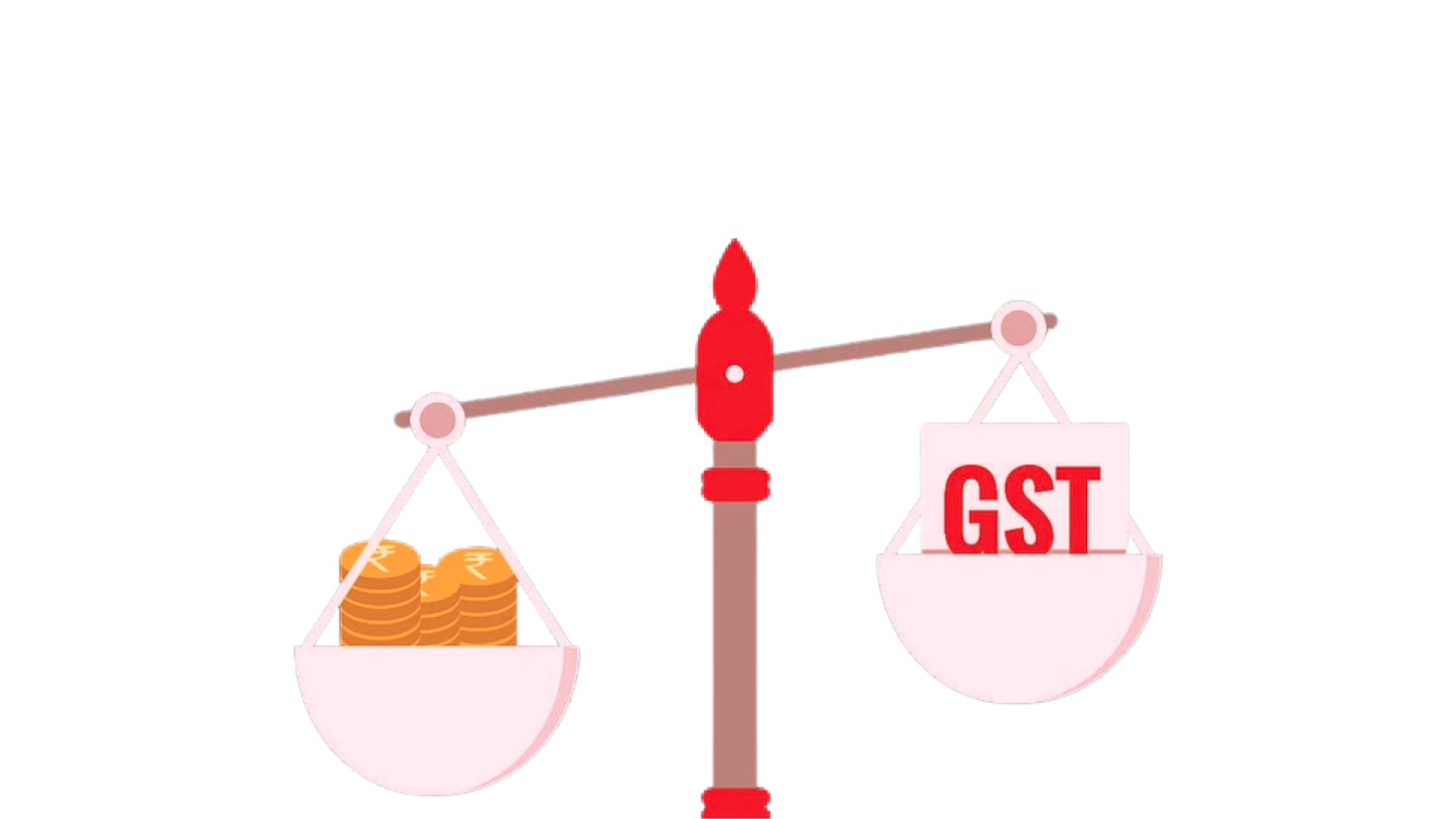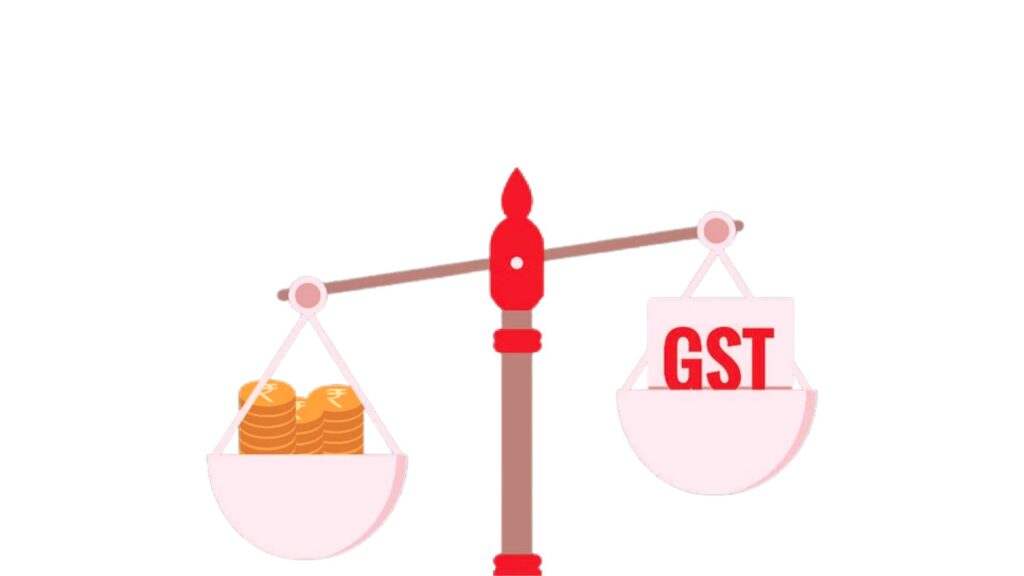
20 Jun GST Council Meeting: GSTAT to Adjudicate Anti-Profiteering

In its meeting on Saturday, the GST Council is likely to authorize the GST Appellate Tribunal (GSTAT) to adjudicate cases related to anti-profiteering and to introduce a “sunset date,” allowing complaints to be filed only until April 1, 2025.
This decision follows a recommendation from the law committee under the GST Council, prompted by the Competition Commission of India’s (CCI) declaration that handling such matters is beyond its core functions.
Since December 1, 2022, the CCI has disposed of only 27 cases, with approximately 140 cases awaiting adjudication. Furthermore, 184 cases are pending in various high courts, challenging previous authority orders.
Under GST law, anti-profiteering provisions mandate suppliers of goods and services to pass on tax rate reduction benefits or input tax credit advantages to recipients through proportionate price reductions.
Established in November 2017, the National Anti-Profiteering Authority was tasked with preventing unfair profiteering by registered suppliers. It was merged into the CCI on December 1, 2022.
The NAA imposed penalties on more than 100 companies, including Hindustan Unilever, Patanjali, Jubilant Foodworks, Reckitt Benckiser, Phillips, Gillette India, Procter and Gamble Home Products, among others, who challenged the anti-profiteering provisions in the High Court. The matter is now pending in the Supreme Court after the High Court upheld the constitutional validity of the provision.
The law panel proposed the sunset date, citing the stabilization of the transition to the GST regime. It noted that pricing influenced by market forces is ideal, rather than legislative control. Initially introduced with a five-year tenure, the anti-profiteering provisions were extended.
Experts suggest that a sunset clause, along with timelines for resolving existing disputes, would provide clarity for businesses by removing uncertainties associated with these provisions.
To enforce this, the principal bench of GSTAT will be mandated with the specified date after which no new anti-profiteering cases will be entertained. Subsequently, cases may be transferred among benches nationwide. The GST tribunal is expected to commence operations soon with the appointment of members by the government.
Source: Business Standard


No Comments